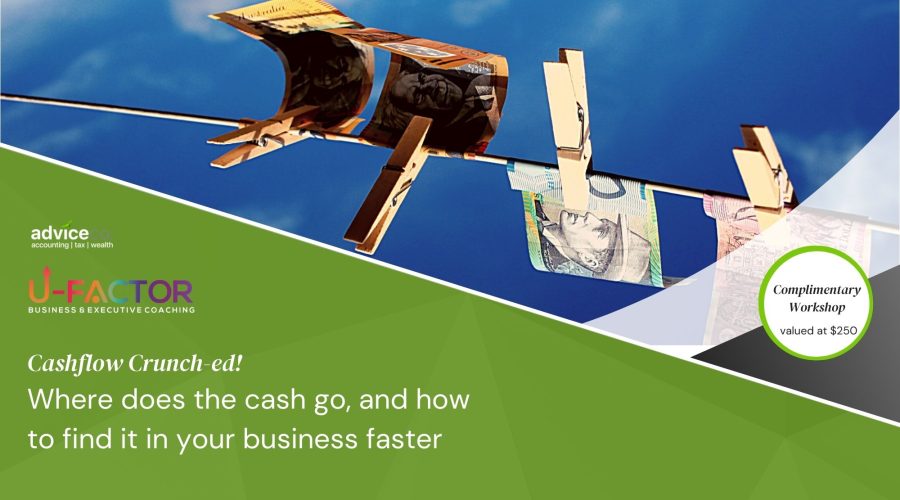What is a tax loss, and how can it be turned to good use? Posted on October 9, 2018

If you operate a business that makes a loss you can generally carry forward that loss and claim a deduction for it in a future year. If you’re a sole trader or in a partnership, you may be able to claim business losses by ofsetting them against your other personal income (such as investment income) in the same income year.
Only sole traders or individual partners in a partnership who meet one of the non-commercial losses requirements (see next page) can offset business losses against other income (such as salary or investment income) in the same income year.
If you do not meet any of these requirements, or if you operate through a company or a trust, you can still carry it forward to future years. If your business makes a profit in a following year, you can offset the deferred loss against that profit.
Note that a tax loss is different from a capital loss. A capital loss occurs when you dispose of a capital asset for less than its tax cost base. A capital loss can only be offset against any capital gains in the same income year or carried forward to offset against future capital gains – it cannot be offset against income of a revenue nature.
Your business structure can affect how you can claim tax losses. For example, companies can generally choose the year in which they claim a deduction for a carried forward tax loss. This can be useful as it means, for example, that a company can choose not to utilise prior year losses in a particular year in order to pay sufficient tax to be able to distribute franked dividends. However, if you operate as a sole trader, partnership or trust, you cannot choose the year or years in which you claim a deduction for your prior-year tax losses.
Sole Traders
Individuals can generally carry forward a tax loss indefinitely, but must claim it at the first opportunity (that is, the first year that there is taxable income). You cannot choose to hold on to losses to offset them against future income if they can be offset against the current year’s income.
Carried forward tax losses are offset first against any net exempt income (such as pension income, government allowances and so on) and only then against assessable income. Losses must be claimed in the order in which they were incurred.
Non-commercial losses
If you’re in business as an individual, either alone or in a partnership, and your business makes a loss, you must check the non-commercial loss rules to see if you can offset the loss against your income from other sources, such as wages.
You can ask us about the non-commercial loss rules, but briefly these rules dictate that you can’t claim a loss for a business that is little more than a hobby or lifestyle choice (based on the legal tests, not on your intentions). Even if it has business-like characteristics, if it is unlikely to ever make a profit and doesn’t have a significant commercial purpose or character, you generally can’t offset the loss against your other income.
In these cases, if you are thinking of ramping up your efforts and are sure you will make a profit in the future, you might decide to defer the loss until you realise that profit from the business.
The non-commercial business loss requirements are:
-
your business is a primary production business or a professional arts business and you make less than $40,000 (excluding any net capital gains) in an income year from other sources
-
your income for non-commercial business loss purposes is less than $250,000, and either
-
your assessable business income is at least $20,000 in the income year
-
your business has produced a profit in three out of the past five years (including the current year)
-
your business uses, or has an interest in, real property worth at least $500,000 and that property is used on a continuing basis in a business activity (this test excludes your private residence and adjacent land)
-
your business uses certain other assets (excluding motor vehicles) worth at least $100,000 on a continuing basis.
-
If you fail all of the tests but you believe that you should be allowed to claim the loss deduction due to special circumstances, you can apply to the ATO for the “Commissioner’s discretion” to apply, which would allow you to utilise the loss (we can help you with this application).
Companies
Companies can carry forward a tax loss indefinitely, and use it when they choose, provided that since the loss was incurred they have either:
-
maintained the same majority ownership and control, or
-
carried on the same business once the ownership test is failed.
If there is a change of ownership or control of a company during an income year and the company does not maintain the same business, it must work out its taxable income and tax loss. In broad terms, a company in this situation has both a taxable income and a tax loss for the same year. In some circumstances, the loss may be carried forward and used in later years, subject to the usual restrictions.
Also note that with tax losses, you must keep proper records relating to your tax affairs for at least five years. If you use information from those records in a later tax return, you may have to keep records for longer. So, if you carry forward a tax loss, you must keep the records until the end of any period of review for the income tax return in which the loss is fully deducted.





